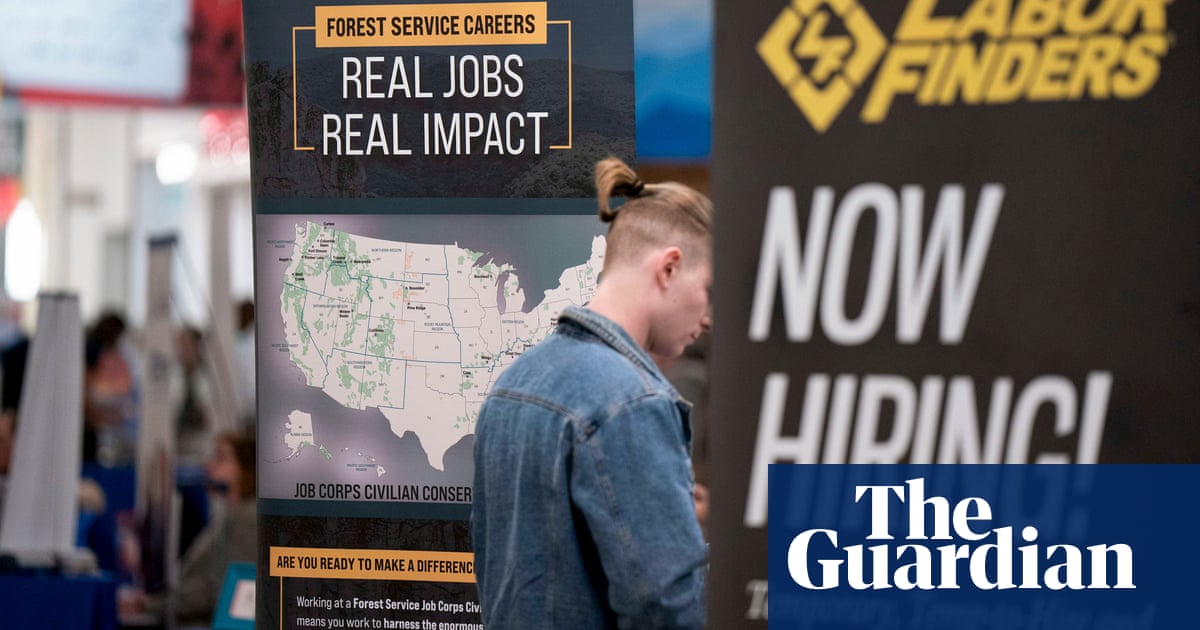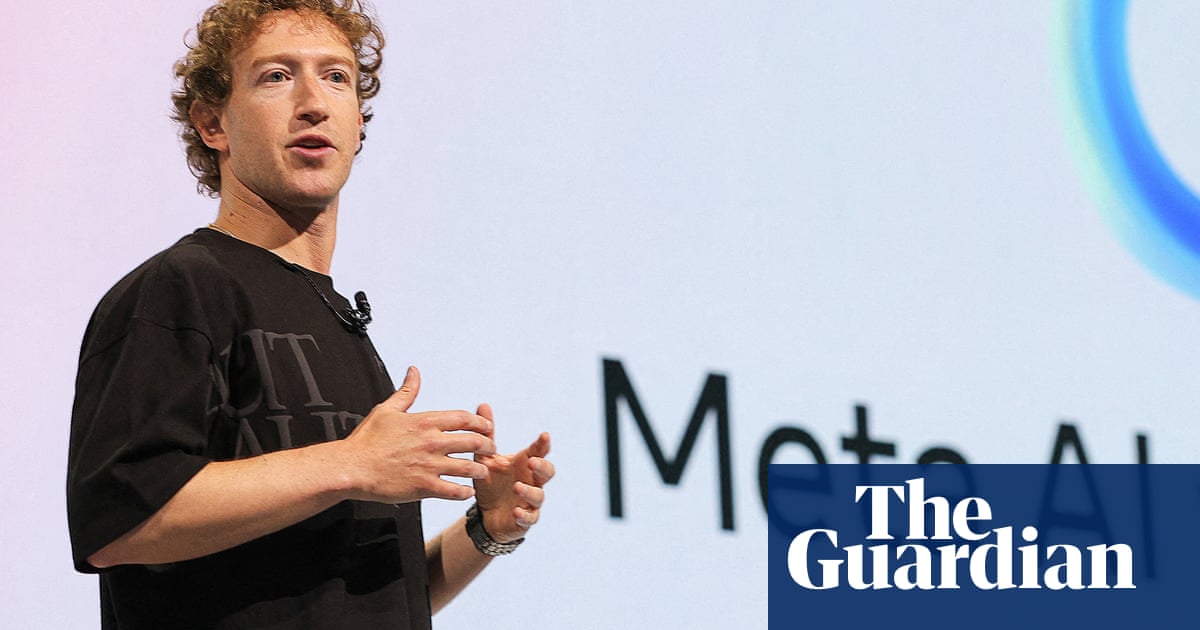Here’s one prediction about the US election you can take to the bank. When the result is finally known, there will be a stampede of experts and prognosticators rushing to insist that, in effect, they knew it all along – that, hard though it was to glimpse through the fog of polls and shifting data, the eventual outcome was obvious. Even inevitable.
That will be truer still if, when the voters’ will is finally known, it turns out not to have been so close after all, with one of the two main candidates sweeping most of the swing states to rack up a healthy majority in the electoral college if not the popular vote.
The funny thing is, if that happens – for either candidate – it would not entirely be a surprise. Even now, you can sketch out, in advance, a very plausible case for why Donald Trump could be about to retake the presidency. And you can do the same for why Harris might be on the brink of becoming the first woman to hold the world’s most powerful office. So, much as Boris Johnson drafted two columns on the eve of the Brexit referendum – one advocating leave, the other remain – here, while the US’s verdict is still unknown, is the story of how Trump, or Harris, pulled it off.
Start with the scenario of a victorious Trump. To understand it might require a single number: 28. That’s the percentage of Americans who tell pollsters they believe the country is on the right track. A measly 28%. In that environment, incumbent parties lose. And, for all the drama and buzz of her swift installation as candidate, her positioning as the face of change, Harris is a member of the incumbent party and a senior figure in the current US government. A nation that made clear long ago that it wanted to fire Joe Biden, largely over the cost of living and rising prices, as well as immigration, was bound to seize the chance to do the next best thing – and reject his deputy.
If there was a way to avoid that fate, it would have required Harris to make a cleaner break from Biden than she was willing to. Whether it was personal respect for the man, or fear of rupturing her coalition, she didn’t do what had to be done. In this narrative, a key moment will prove to be her October appearance on The View, when she was asked if, looking back over the past four years, she would have done anything differently from her boss. “Not a thing that comes to mind,” was her answer. At a stroke, she robbed herself of the mantle of change, and confirmed Trump’s core message: vote Harris, get Biden 2.
Should the need arise to explain a Trump win in 2024, incumbency in tough times will be the meat of it. But it won’t be the whole story. Other factors, besides inflation and petrol prices, will have played their part, tied more to culture than politics. Trump’s astonishing lead among men, especially those without a college degree – including some, albeit qualified, evidence of increased support among Black and Hispanic men, previously beyond the reach of the Republican party – points to an element of Trump’s appeal that has endured for nearly a decade. Call it cultural defiance. It sees the wagging finger of all those who sit in judgment – whether that’s the media, the universities, the “woke”, foreign countries, especially European ones, or at its most loosely defined, women, especially educated women – and shows them a big, fat middle finger in response.
This is what Trump’s critics took so long to understand. What, for years, they thought would hurt him – scandal, two impeachments, multiple criminal prosecutions and convictions – only made him stronger, confirming him as an outlaw, a transgressor who crossed the very boundaries so many of his followers, chiefly men, itched to cross with him. That photo of him, bloodstained, seconds after dodging an assassin’s bullet, urging his devotees to “fight, fight, fight!” – how, we may come to ask, did we ever think he could be beaten after that?
After all, Harris was his ideal opponent. A liberal, accomplished, affluent woman from California, an avatar for the very cultural elite he and many millions of others despise. In case that impression of her were not sharp enough, she reinforced it with a parade of A-list stars campaigning for her in the final stretch, repeating the same mistake Hillary Clinton made in 2016.
Finally, given that the US has hardly cured itself of racism or misogyny, it should not be a shock if, in the coming days, we see that a Black woman could not get elected to the White House. It may be 2024, but perhaps the US is still not ready.
So much for a Trump win. How will we explain victory for Harris, if it comes? The answer may boil down to one word: women. Outraged by the supreme court’s Dobbs ruling, overturning abortion rights in 2022, women confounded the pollsters in that year’s midterm elections: there was no Republican red wave, despite soaring inflation, because women came out in big numbers to prevent it. Success in 2024 would mean that, once again, and with an intensity missed by most surveys, women in the US had quietly resolved to do the exact same thing to the man who shaped the supreme court, Dobbs’s ultimate author: Trump.
In that sense, and others, Trump’s fate would have been sealed before the 2024 campaign even began. If he loses, it will surely be because he’d become too toxic a figure to win: witness his place on the losing side of every election cycle after that first, narrow victory in 2016. What’s more, the toxicity has only got worse recently, his authoritarian, fascistic tendencies laid barer than ever, whether in his threats to deploy the US military against “the enemy from within”, meaning his liberal critics, or his reported desire to be surrounded by “the kind of generals that Hitler had”, obedient to his every whim and diktat. For too many Americans, enough might just have been enough.
Trump has torn through so many old-school verities of politics that it’s become tempting to think none of them holds good any more. But on-the-ground organisation still matters. If they win, the Democrats will point to a machine that got their vote out in the critical states, precinct by precinct. Trump outsourced that task to Elon Musk, but there are some things even money cannot buy.
A Trump defeat would further confirm another old rule: no politician can ever fully escape his record. This time, to take one example, he hoped to make inroads with Arab and Muslim Americans, distressed and furious at the plight of Palestinians in Gaza. But that would have required those same, crucial voters to forget what Trump had promised a decade ago: a “Muslim ban”, denying entry to the US to people from a long list of Muslim countries. Amnesia exists in politics, perhaps especially in the US. But there are limits.
All these different elements are real, even if they can be combined into two very different narratives. Who will win the US election? No one knows. But even if we don’t yet know the result, we can already understand it.
-
Jonathan Freedland is a Guardian columnist

.png) 2 months ago
21
2 months ago
21













































